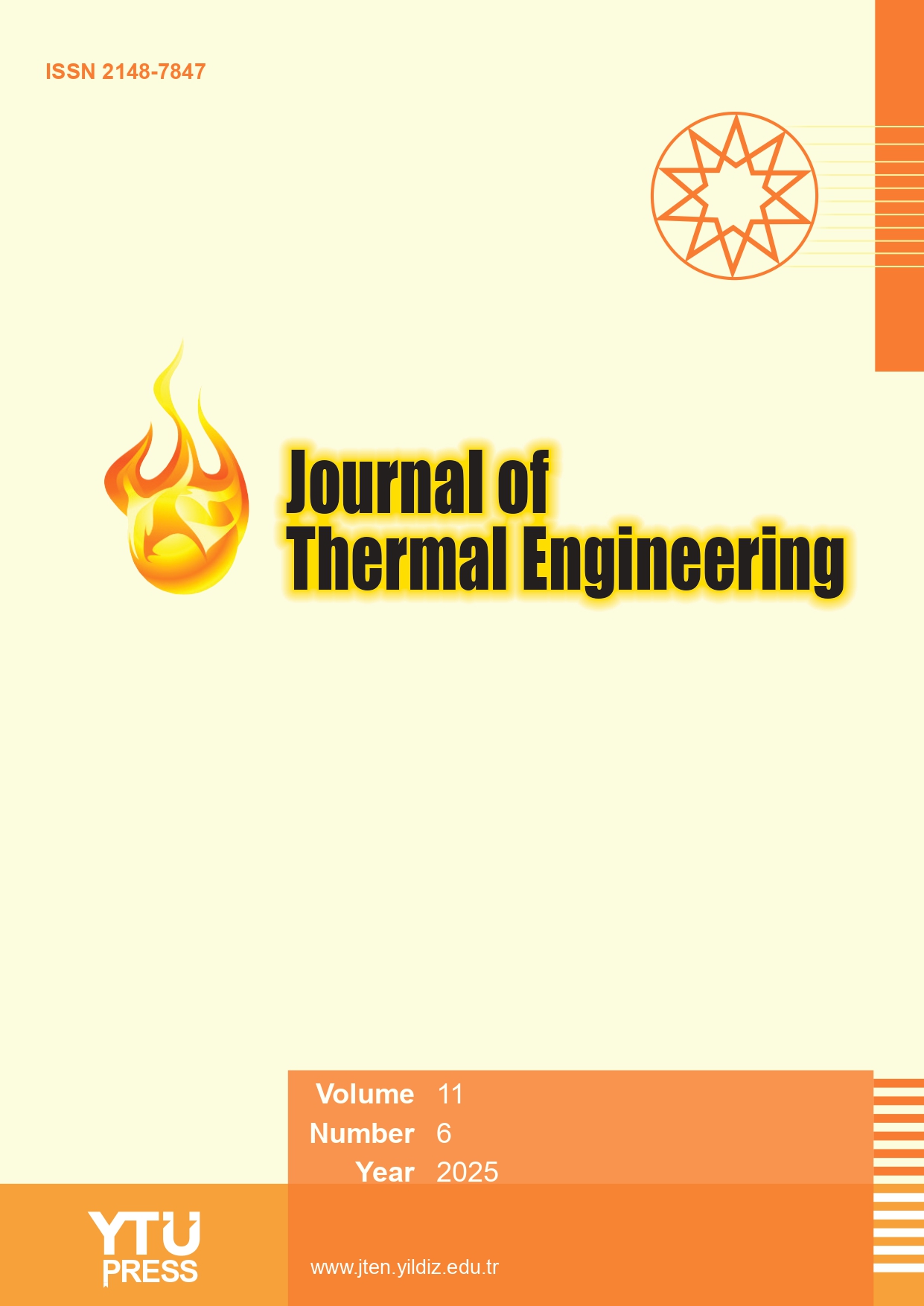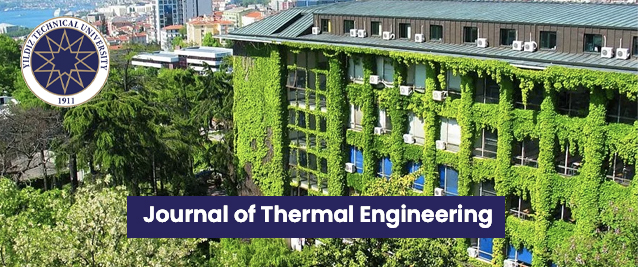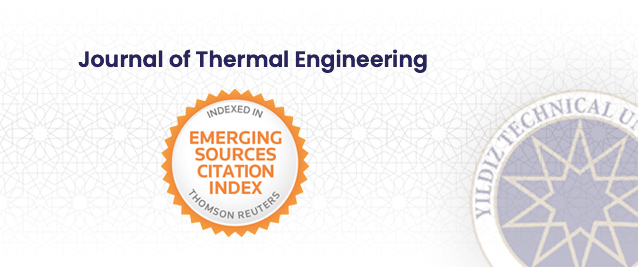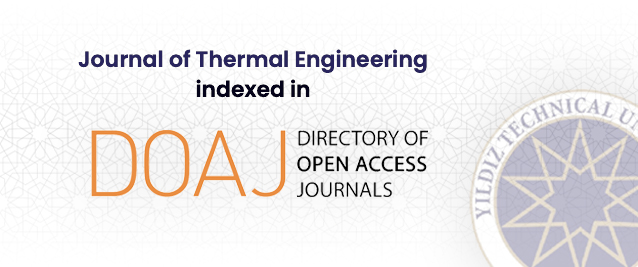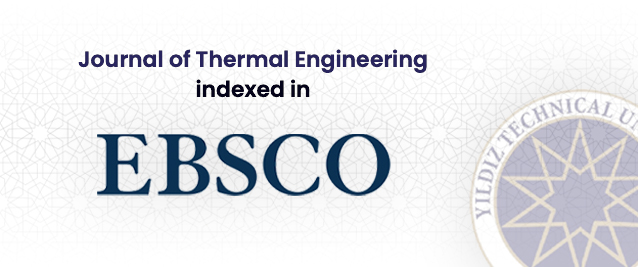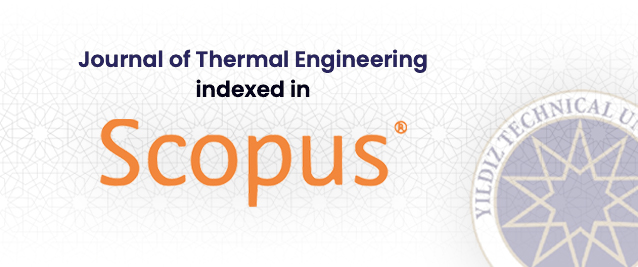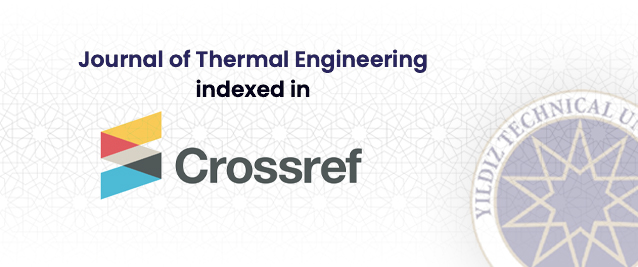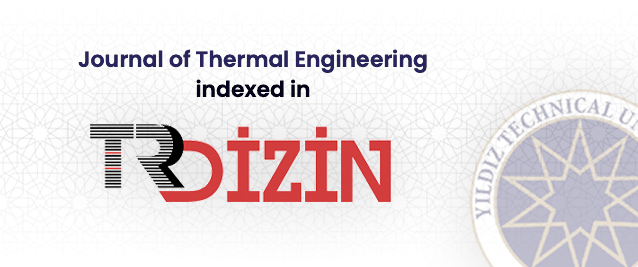2Department of Mechanical Engineering, Amity University Haryana, Gurgaon, India
Abstract
The modified configuration of regenerated Brayton heat engine along with supplementary addition of heat in its irreversible mode is thermodynamically investigated and optimized. The definite temperature differential between system/reservoir is the source of external irreversibility and the losses because of rubbing/friction in turbine/compressor, regeneration heat losses and losses due to pressure drop are the internal irreversibilities considered in this analysis. The difference of output power and the exergy destruction rate, termed as ecological function, is thermodynamically optimized. It is found that regenerative effectiveness plays a vital role in obtaining maximum possible ecological function whereas output power and 1st law efficiency predominantly depends on the cold side effectiveness in the system. It is also observed that the thermodynamic performance of proposed system/device is prominently depends on the efficiency of the turbine and consequently less dependent on compressor efficiency. The major outcome of this analysis is that with the inclusion of additional thermal heats at constant temperature conditions, various performance parameters i.e., output power (about 13%) and 1st law efficiency (about 9%) of the model get improved significantly in comparison with the conventional gas power plant. Moreover, the model investigated in this study yields lesser output power, first law efficiency and ecological function and exactly follows the results/outcomes presented in the available literature at α1=α2=1, which are the pressure recovery coefficients at two ends.


